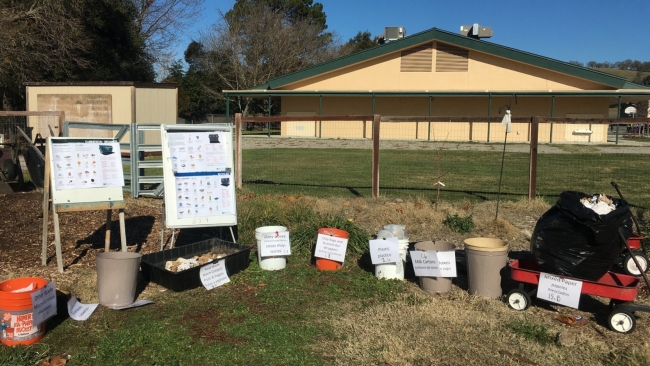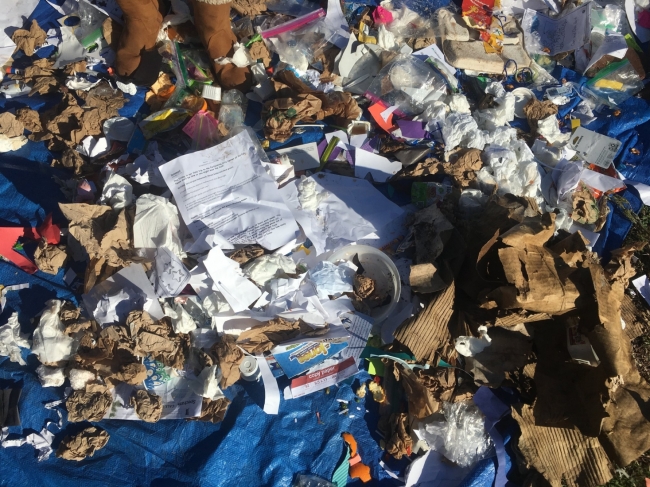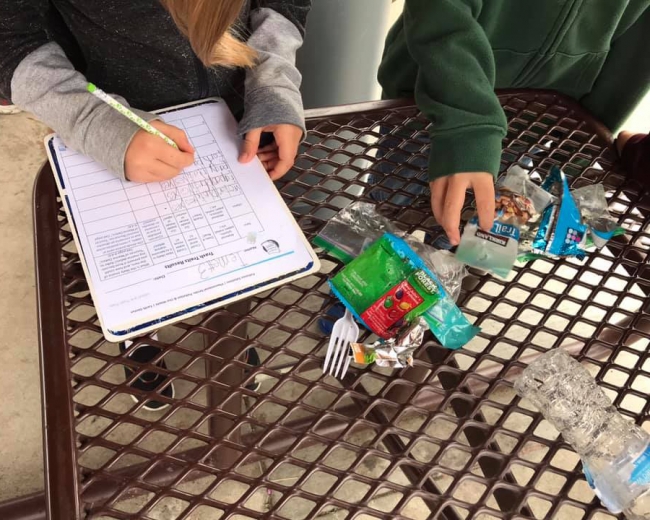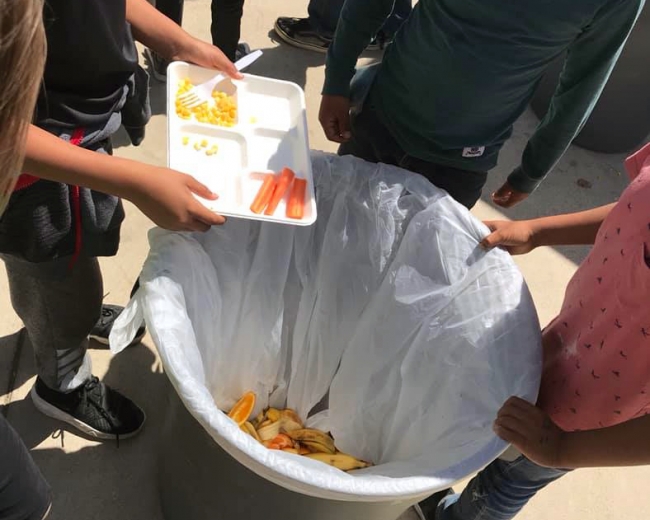Guest blog by: Tanya Torres, California Sea Grant Extension Fellow, NOAA Marine Debris Program
Students, teachers, and school administrators all have their own parts to play in the vision of One Cool Earth’s Earth Genius marine debris education program in San Luis Obispo, California. This unique educational program partners with schools to incorporate marine debris education, practices, and principles throughout public school systems, from classrooms and cafeterias to school facilities and administration.
One Cool Earth (OCE), with the support of a NOAA Marine Debris Program prevention grant, is building on previous successes and established partnerships with 17 elementary schools within five school districts in the San Luis Obispo area. One of their early goals is to implement more waste prevention lesson plans, materials, and field trip funding to provide in-depth meaningful educational experiences. Through this program, OCE expects to engage roughly 7,500 students and offer each school 108 lessons, with an average of five marine debris-related lessons per student. In addition to lesson plans, OCE will train at least 30 teachers to lead marine debris lessons, field trips, and projects on their own.
OCE is also collaborating with school administrators to prioritize funding for marine debris-related education and develop institutional policies to help reduce waste in schools. This includes emphasizing alternative packaging or unpackaged food items, promoting litter-free campuses with school cleanup days and campus messaging, and supporting student waste sorting for recycling and composting. By influencing the behaviors of the institution and the adults who operate it, OCE hopes to build a culture of environmental education and resource conservation in schools.
On campus, the Earth Genius program emphasizes student participation with hands-on activities, such as participating in school-wide waste audits, overseeing lunch-waste stations in the cafeteria, vermicomposting, growing plastic packaging-free food in school gardens, recycling, and creating marine debris awareness art projects. These activities, along with in-class marine debris lessons, will culminate in field trips to the NOAA Coastal Discovery Center in San Simeon, California and to local beaches for coastal cleanups. However, in lieu of in-person gatherings and field trips this past year, OCE has done an excellent job at adapting these activities for virtual learning.
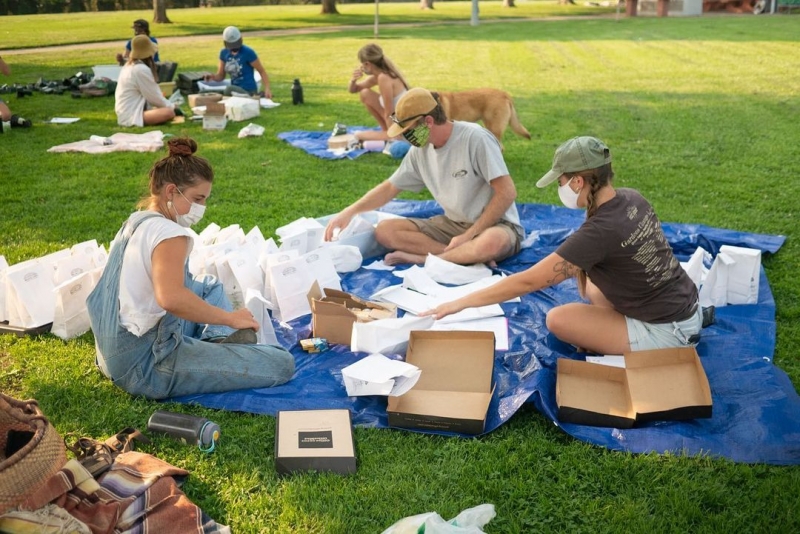
In the spring and fall semesters of 2020, OCE created and distributed over 4,000 lesson material kits to San Luis Obispo County students to compliment online follow-along videos and virtual tours of the Monterey Bay National Marine Sanctuary. Despite the new virtual mode, OCE’s curriculum still prioritizes getting students into nature with outdoor activities, such as individual neighborhood trash cleanups. Teacher training also transitioned to an online format, making this opportunity even more broadly available in California, and OCE continues to provide stipends and supplies to participating teachers. During school closures, OCE has focused on developing a Marine Debris Prevention Best Practices Manual for School Administration that will help school administrators identify the best approaches to implement marine debris prevention practices and policies into their schools.
By working with school facilities and food services through district administration, training teachers to incorporate marine debris education into their own lessons, and providing material kits, OCE’s Earth Genius programming reaches students at school and at home with daily motivation and opportunities to practice marine debris prevention. This whole-system approach will have the youth of San Luis Obispo County becoming ocean stewards in no time. As schools begin to open again, we look forward to seeing OCE do what they do best!

